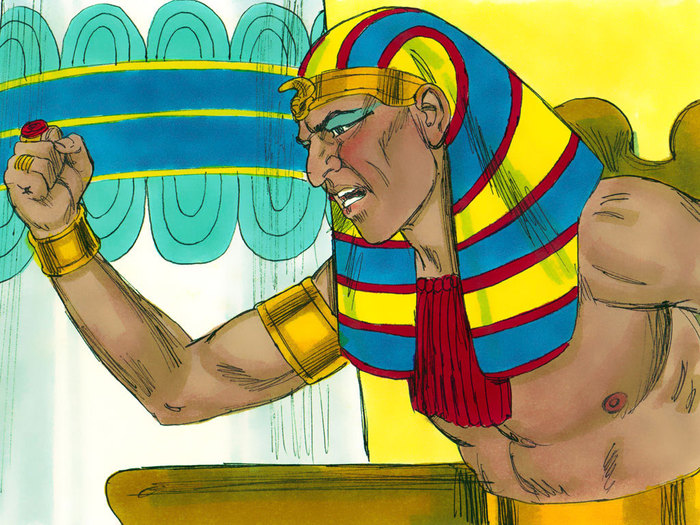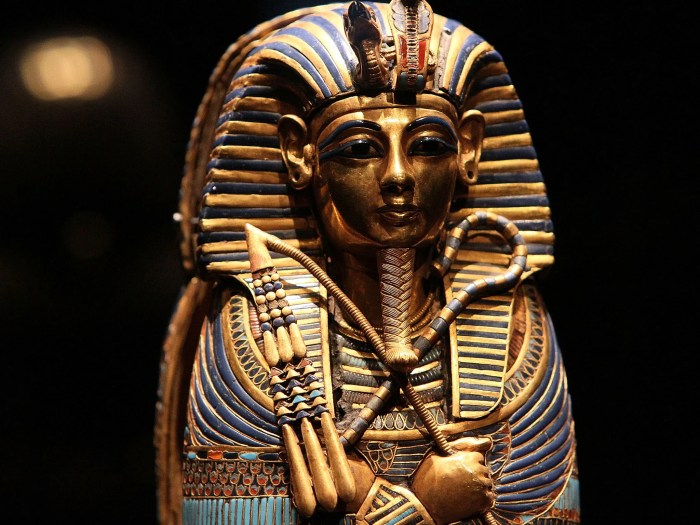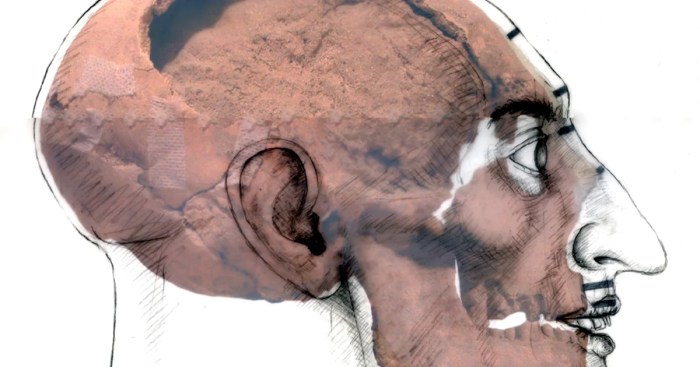Why didn’t pharaoh die as a first born – Why didn’t Pharaoh die as a firstborn? This enigmatic question has captivated biblical scholars and historians for centuries, prompting a rich tapestry of theories and interpretations. From divine intervention to chronological errors and natural causes, the reasons behind Pharaoh’s survival remain shrouded in mystery, inviting us on an intriguing journey to unravel the truth.
Delving into the depths of religious texts, we encounter the belief that God’s divine protection shielded Moses from the deadly plague. Ancient Egyptian cultural practices and the historical context of the Exodus narrative also shed light on potential explanations, while medical conditions and natural phenomena offer alternative perspectives.
Why Didn’t Pharaoh Die as a Firstborn?

The biblical account of the Exodus narrates that the tenth plague, known as the Plague of the Firstborn, killed every firstborn son in Egypt, including the livestock. However, Pharaoh, the ruler of Egypt, was notably spared from this fate, leading to questions and theories about why he did not die as a firstborn.
Divine Intervention
One prominent belief is that God protected Moses and spared him from the plague due to his role in God’s plan. The biblical text supports this perspective, as it explicitly states that God “passed over” the houses of the Israelites, protecting them from the plague (Exodus 12:23). This divine intervention is seen as a testament to God’s power and his favor towards Moses.
Chronological Error
Another theory suggests that there may have been a chronological error in the biblical account. Scholars have proposed that the events of the Exodus did not align with the traditional timeline, and that Pharaoh may have died before the Plague of the Firstborn occurred.
This theory is based on evidence from archaeological findings and historical records that indicate a different timeline for the Exodus events.
Natural Causes
It is also possible that Pharaoh did not die as a firstborn due to natural causes. Medical conditions or circumstances could have contributed to his survival. For example, he may have been born prematurely or had a congenital condition that made him immune to the plague.
Additionally, he may have been protected by his palace guards or other factors that shielded him from the worst effects of the plague.
Cultural and Historical Context, Why didn’t pharaoh die as a first born
The cultural and historical context of the Exodus story also sheds light on Pharaoh’s survival. In ancient Egyptian society, firstborn sons held a significant status and were often considered heirs to the throne. It is possible that the story of Pharaoh’s survival reflects the cultural significance of firstborn sons and the importance of preserving the royal lineage.
FAQ: Why Didn’t Pharaoh Die As A First Born
Was Pharaoh the only firstborn to survive the plague?
The biblical account does not provide a definitive answer, leaving open the possibility that other firstborn may have survived.
Why did God spare Moses from the plague?
According to religious texts, God’s divine protection and Moses’ role in his plan for the Israelites played a significant role in his survival.
Could a chronological error account for Pharaoh’s survival?
Scholars have proposed the possibility of a chronological error in the biblical account, which could alter the timeline of events and potentially explain Pharaoh’s survival.
Are there medical conditions that could have contributed to Pharaoh’s survival?
Medical conditions or circumstances that weakened Pharaoh’s immune system or protected him from the plague’s effects could be considered as potential factors.


